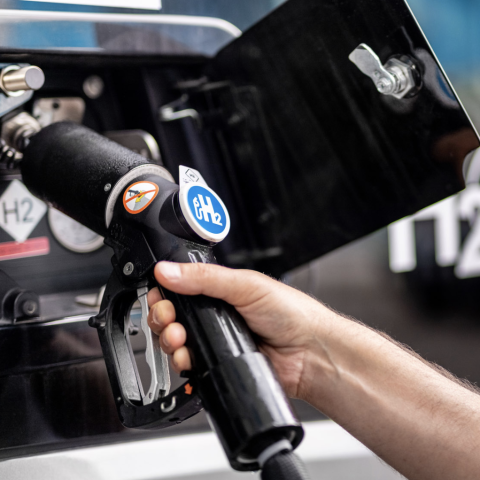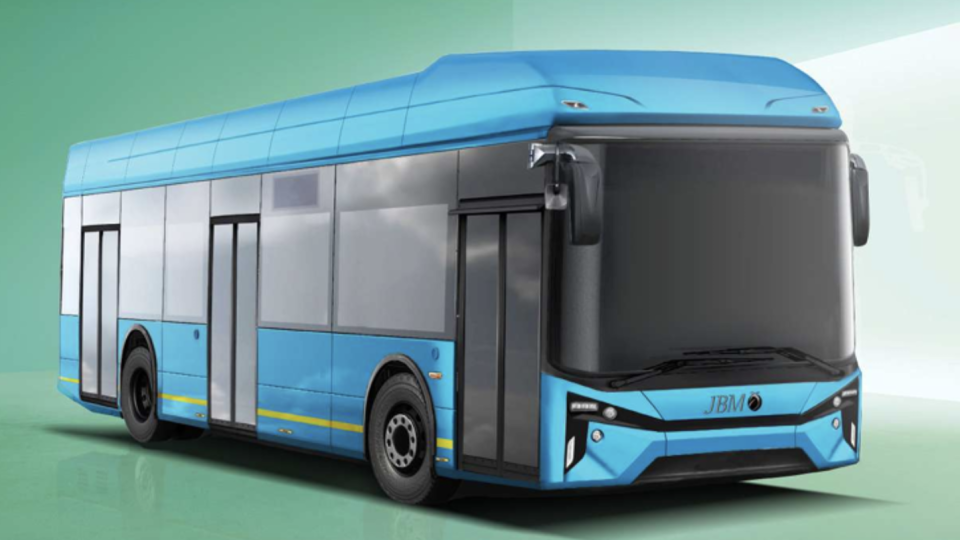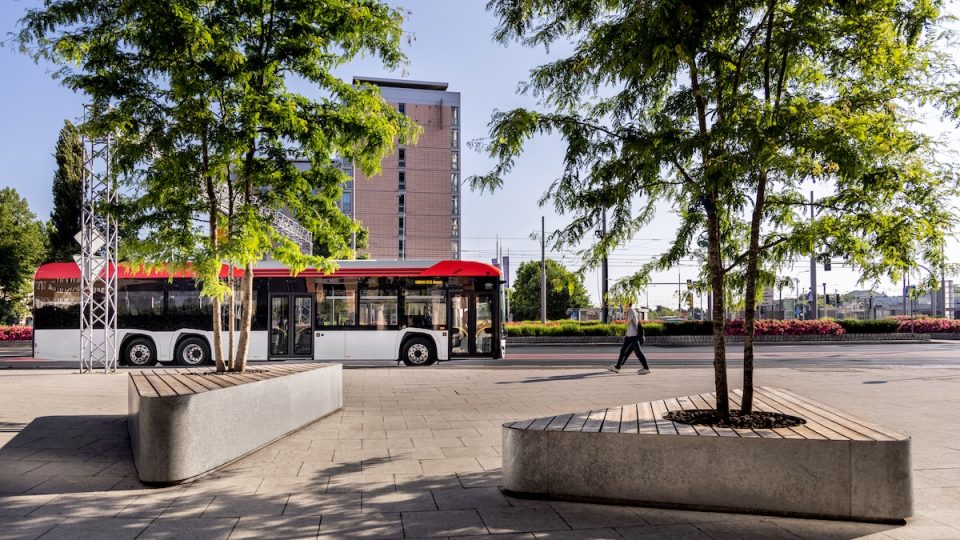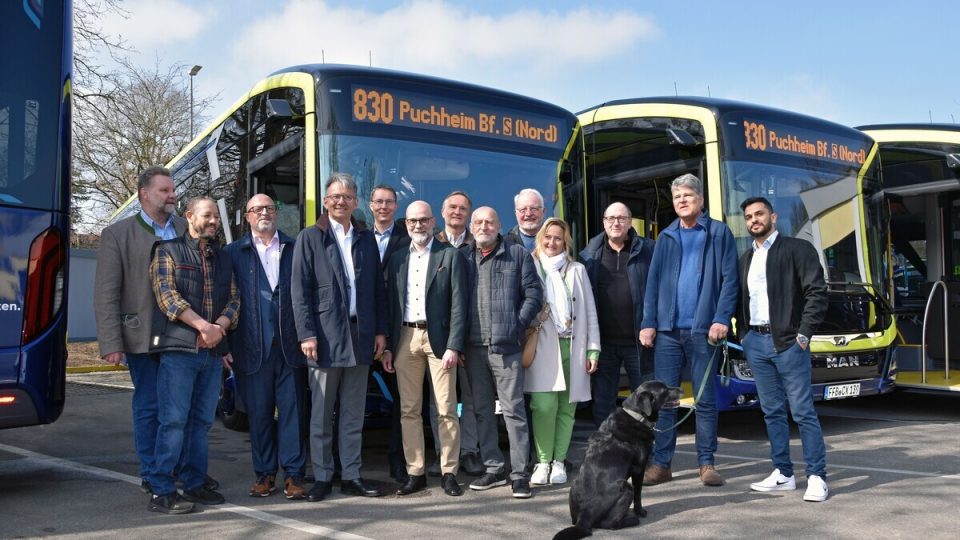Fuel cell buses withdrawn from service in Poznan: the reason was poor quality hydrogen
“We can say with certainty that the malfunction of the hydrogen buses in Poznań was due to the fault of the hydrogen supplier, who provided fuel with incorrect parameters“. This is the statement by Krzysztof Dostatni, CEO of MPK Poznań, after receiving the results of laboratory reasearch on hydrogen in Poznan, where a fleet of […]

“We can say with certainty that the malfunction of the hydrogen buses in Poznań was due to the fault of the hydrogen supplier, who provided fuel with incorrect parameters“.
This is the statement by Krzysztof Dostatni, CEO of MPK Poznań, after receiving the results of laboratory reasearch on hydrogen in Poznan, where a fleet of hydrogen bus was put out of service on the 3rd of March reportedly due to diagnostics faults.
Fuel cell buses in Poznan fueled with poor quality hydrogen
What happened that day? Out of 25 Solaris Urbino 12 hydrogen buses, which have been in operation for nearly 2 years at MPK Poznań, 23 buses almost simultaneously reported the same fuel cell malfunction. It quickly turned out that the 23 buses were refueled from a new hydrogen delivery – an external supplier to MPK Poznań – and the 2 buses that did not have malfunctions were not refueled that day from this hydrogen delivery.
Further actions by Solaris service team showed that the cause of the fuel cell malfunction was poor quality hydrogen. This was also confirmed by an independent research company, which took samples from the buses. The study, as reported on a note released by Solaris, showed that the hydrogen was contaminated with unacceptable substances at concentrations that did not meet standards. Among other things, the carbon monoxide content was significantly exceeded.
“We can say with certainty that the malfunction of the hydrogen buses in Poznań was due to the fault of the hydrogen supplier, who provided fuel with incorrect parameters. At the same time, I would like to thank Solaris for their prompt and professional action in restoring the buses to functionality. The costs of this action will be borne by the supplier of the faulty fuel“, said Krzysztof Dostatni, CEO of MPK Poznań.
Currently, at the client’s request, work is continuing to clean all the buses of contaminated hydrogen and restore them to full functionality. As of today, this action has already been completed on 14 out of 23 buses. The buses can return to service as soon as the supply of hydrogen with the correct parameters to the station used by the carrier is resumed.







